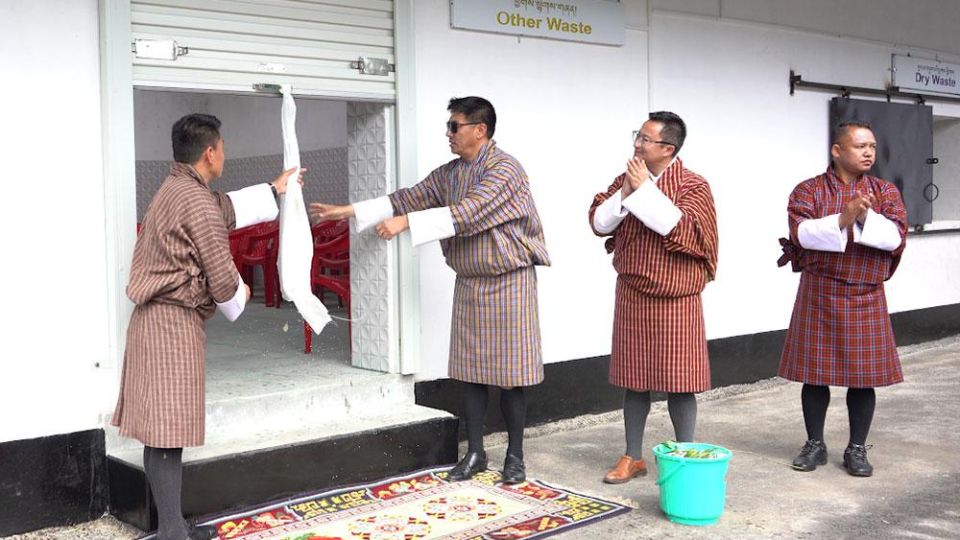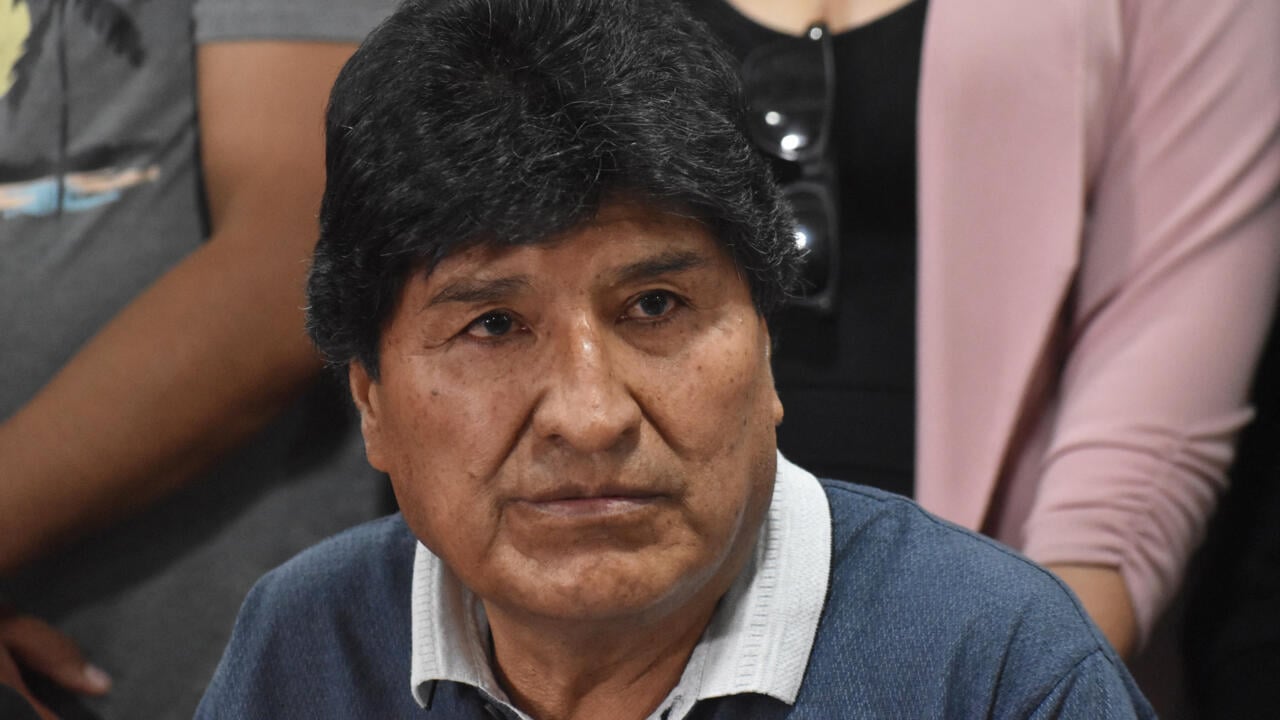As part of Bhutan’s ongoing efforts to promote environmental sustainability and reduce waste, the capital city Thimphu has inaugurated two new waste drop-off centres, marking a significant milestone in the country’s push toward a circular economy.
The new facilities, launched under the leadership of the National Waste Management Committee and the Thimphu Thromde (municipal authority), aim to improve the city’s waste management infrastructure by offering residents convenient locations to segregate and dispose of waste responsibly.
These centers are designed to accept various categories of waste, including plastic, glass, paper, cardboard, e-waste, and metal, and will play a key role in diverting materials from landfills while enhancing Bhutan’s capacity to recycle and reuse valuable resources.
Thimphu Thrompon (Mayor) Ugyen Dorji officially opened the centres and praised the initiative as “a vital step toward sustainable urban development.” He noted that the project supports Bhutan’s national vision of environmental stewardship and aligns with the country’s commitment to Gross National Happiness, which includes ecological well-being as a core pillar.
“Through this initiative, we are empowering citizens to become active participants in the waste value chain,” Dorji said. “These drop-off centres are not just waste collection points—they are symbols of our commitment to creating a cleaner, greener Bhutan.”
The new centres will also serve as public awareness hubs, offering educational materials and staff guidance to help residents understand proper waste segregation and the benefits of recycling. Local authorities plan to hold regular outreach activities, including school programs and neighborhood workshops, to boost community participation.
Bhutan’s waste problem, though less severe than in many neighboring countries, has been growing alongside urbanization. Thimphu, home to over 100,000 residents, generates around 60 metric tonnes of waste daily, of which a significant portion remains unsorted. Plastic and packaging waste has become especially problematic, often ending up in rivers or illegal dumping grounds.
In response, the government has ramped up efforts to build waste management infrastructure and create policies that encourage a circular economy model, where materials are continuously reused, remanufactured, or recycled instead of being discarded.
The drop-off centres were funded in part by the Bhutan Foundation and international partners interested in promoting sustainable development and climate resilience. These facilities will be managed in collaboration with local waste entrepreneurs, who are expected to collect, sort, and sell recyclables to both domestic and Indian markets.
The initiative is also expected to support green job creation, particularly for informal waste workers who have long been excluded from formal waste systems. By offering stable roles in collection and processing, the centres aim to integrate these workers into a more organized and dignified framework.
Environmental NGOs in Bhutan have welcomed the development but stress that public participation is critical. “Infrastructure alone is not enough,” said Karma Wangdi, a waste management advocate in Thimphu. “We need a cultural shift where every household takes responsibility for their waste. Only then can we achieve a truly circular economy.”
The Thimphu municipality has announced plans to expand the number of waste drop-off centres across the city, with a long-term goal of placing a centre within walking distance of every neighborhood. Authorities are also considering digital tools to allow residents to track their recycling contributions and receive incentives for consistent participation.
Bhutan’s move to enhance its waste management systems comes amid global efforts to combat climate change, plastic pollution, and unsustainable consumption patterns. As a carbon-negative country, Bhutan’s leadership in waste reduction reinforces its reputation as a global model for environmentally responsible governance.
With the opening of these centres, Thimphu is not just managing waste more effectively—it is taking another step toward a resilient, resource-efficient, and inclusive urban future, grounded in the country’s unique development philosophy.
Source: Asia News Network



